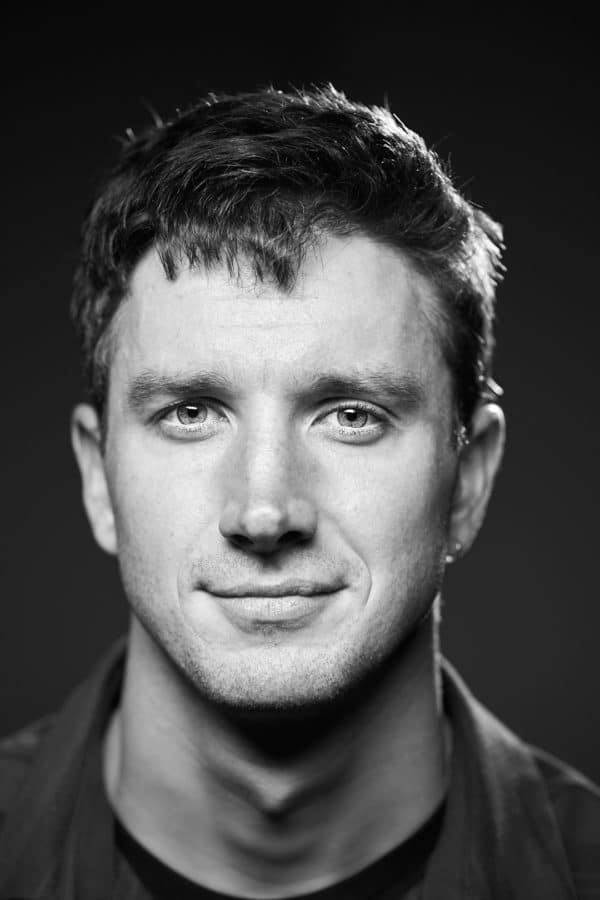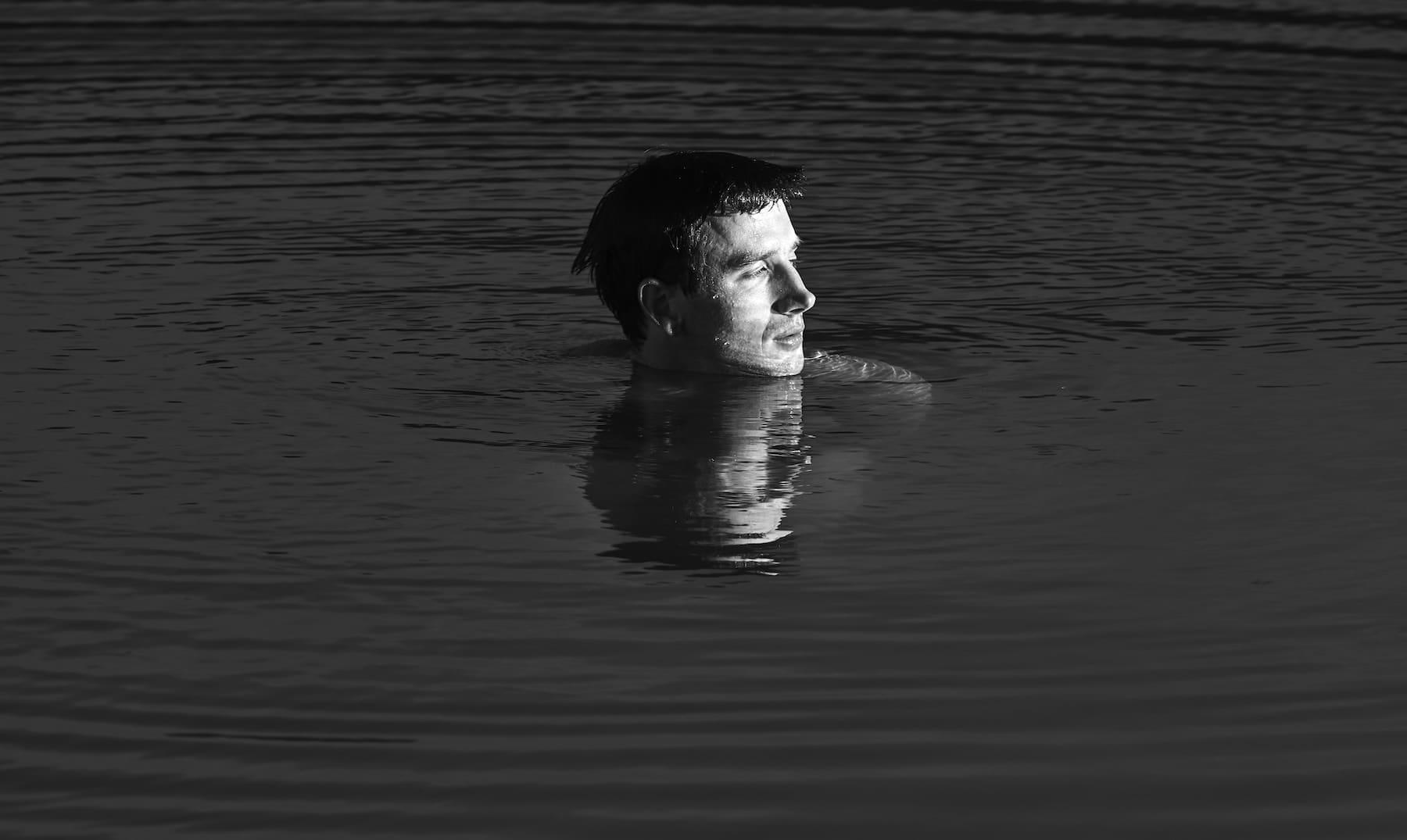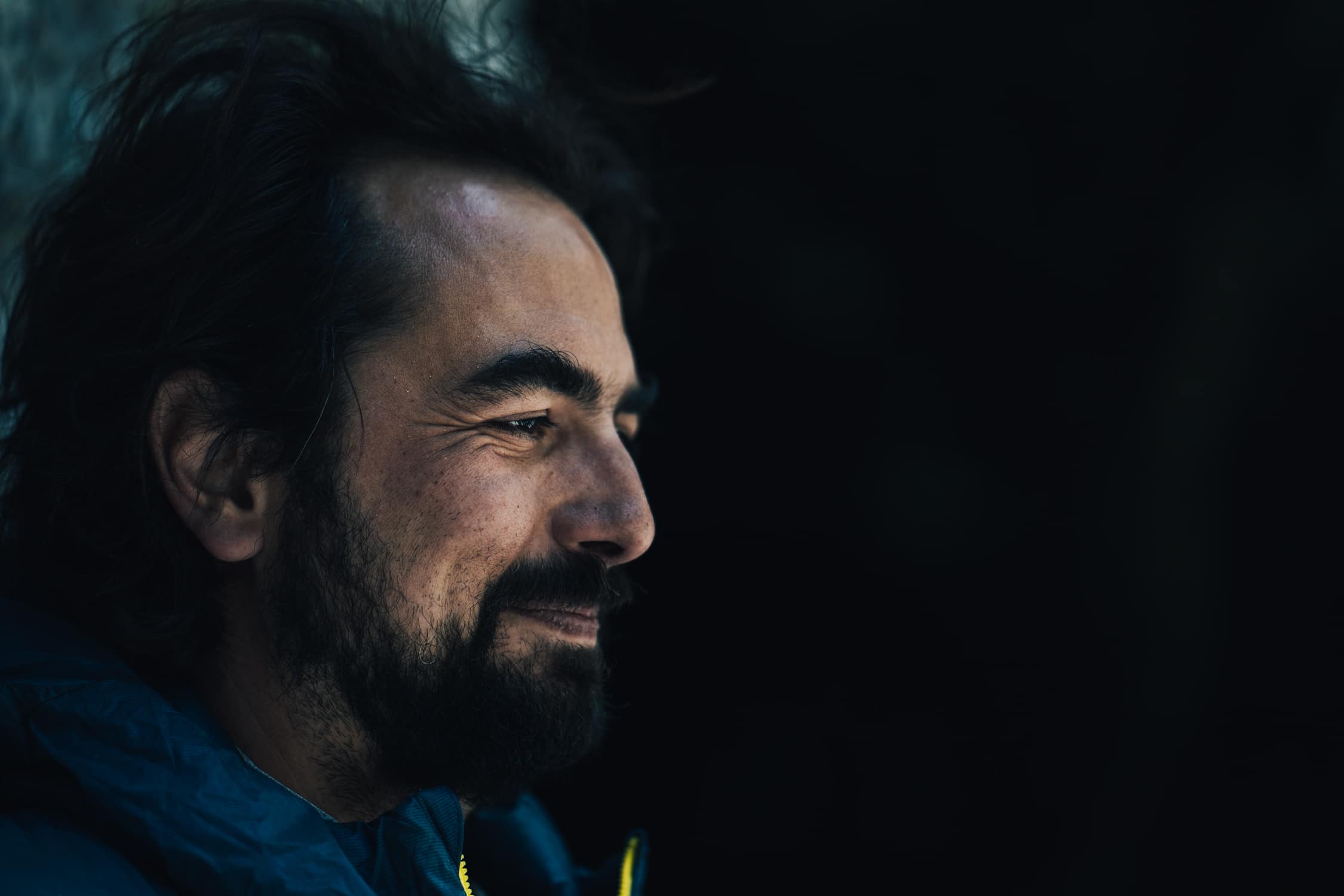Over the past year that I’ve become friends with Jordan Cannon, I’ve come to enjoy a particular kind of conversation we seem to have. Jordan approaches me with some kind of question or observation he’s wrestling with, usually about the climbing world at large, and I more or less just listen as he talks aloud and works through his thought process to arrive at a conclusion that in his heart he already knows is true. He’s extremely bright and self-aware, and can be self-conscious in an endearing way about everything, from whether someone assumes he doesn’t climb as hard as he actually does (and how to navigate this interaction politely) to the “right” way to approach his own grade progression in sport climbing.
He called me last week to let me know something far more important. “I’m coming out of the closet on my birthday,” he said.
“Congrats!” I said. And then, “How can I help?” as I knew there was something on his mind he needed to work through.
“I want to share the message that the climbing world at large has been one of the most open and accepting places for me. Without climbing, I’m not sure I would’ve been able to be myself,” he said. “But I also want to make sure that I don’t invalidate other people’s experiences, who may not have had such positive interactions in climbing. Also, I don’t want to become, ‘Jordan, the gay climber.’ I’m gay. I’m a climber. But I’m more than both.”
Years ago when I was working as an editor at one of the climbing magazines, I got into a very short-lived editorial dispute with my colleague Alison. We were running a little one-page profile on Madaleine Sorkin, an amazing female climber, who also happened to be a lesbian. The dispute involved the degree to which we should be focusing on this aspect of her life. To be clear, she was openly gay, and was explicitly fine with us mentioning this part of her identity in the pages of the magazine. That wasn’t the issue. The dispute was over whether it was even relevant to a story highlighting her climbing accomplishments.
Alison’s position was that of course we want to highlight this detail in the story, because it’s a way to show a member of a community that often isn’t represented in climbing media. Alison’s brother is gay, which certainly factored into her perspective. And for broader context, this was at a time when gays still lacked full civil rights because gay marriage still wasn’t yet legal in most places.
Of course, I understood this and was sympathetic to this position, but I wanted to raise a sort of devil’s advocate position to see if there was some kind first principles position on how we talk and write about identities in a climbing magazine. This created the kind of interesting behind-the-scenes conversation that made making a magazine such a rewarding experience. Readers would otherwise never know the degree of thoughtful discourse around topics like this, as well as all kinds of editorial decisions. But these were the regular and respectful interactions I experienced among colleagues, allowing us to sharpen our arguments and really think through any particular issue without fear of judgement let alone cancelation.
The concern I expressed to Alison was that our profile’s sexual preference ought not be all that relevant to her story as an amazing climber. I genuinely felt as if this was the more progressive position, too. I felt as if I was actually attempting to apply a principle of genuine equality, which is to say, to treat her like every other person whose sexual preferences are not relevant to who they are as climbers. Of course, I realized that we weren’t at a place in society where everyone was beginning at an equal place. But in my view, the best way to nudge norms toward the kind of world we aspire to live in, the kind of world in which such differences shouldn’t matter in any meaningful way—not in what we think of people nor in how we treat them politically, morally, or ethically—was to begin pulling these levers in small, minor ways. Such as making a climbing profile about the climbing and not the incidental identity or sexual preference of the subject.
I also worried that overly focusing on this one aspect of her story might cause readers to miss grasping the details that show what a good climber she is. When you can only fit so many words on a single page, each one has to be justified. Again, this the behind-the-scenes process of editorial decision making. Ultimately we landed in a good place. The profile mentioned her sexual identity but it was perhaps done a somewhat more subtle way than it was in the first draft. Most of the profile just described what a badass she is. Alison and I agreed it was well done, and we were happy to shine a spotlight on Madaleine, who remains a good friend of mine to this day.
It’s interesting for me to remember this discussion in light of where our culture is at this moment, in which identity has taken on a kind of super-sized presence in the greater discourse. I’m not sure if my position has changed all that much, to be honest, but I certainly acknowledge that society has gone in the opposite direction.
As I spoke with Jordan on the phone, and heard him talk through his own concerns, I could hear him wrestling with this very crux, the one in which your identity, especially when it is part of a traditionally marginalized group, ought to take on such importance. Why should it matter? And yet … it does, in terms of representation and what it might mean to others who are like you and deserve to see your example of success.
In fact, Madeline recently told me she received feedback from queer climbers after the profile was published, who told her how meaningful it was for them to see her represented in the pages of the magazine. They had never seen an openly gay sponsored climber before.
And yet, over a decade later, we somehow find ourselves living in a culture in which it’s become even more difficult to talk about identity. The numerous landmines around this discourse have added yet more layers of complication, confusion, and pressure on Jordan, making what was already a difficult decision for him to come out feel even more fraught and complicated.

All of this is only the beginning of the full story. We invited Jordan to come on The RunOut podcast to share his experiences as a closeted gay climber who grew up in a religious family and a conservative context, and talk about his experience. He spoke about how climbing became the catalyst for him to finally feel comfortable being himself—openly and honestly. It was one of my favorite episodes yet in part because Jordan was so open and honest in sharing his concerns around maintaining his individuality within a new public identity. Hearing his story made me feel sad that there remains such hurdles to the gay community in being open. But it also made me proud to be a climber, proud to be part of this largely open and accepting community, and mostly proud of and happy for Jordan. I loved this conversation because I got to share in this wonderful feeling of seeing my friend step honestly and openly into the person he is: a climber. A now openly gay man. And so much more.
You can check out our conversation with Jordan at The RunOut podcast, and be sure to also wish Jordan a Happy Birthday and happy coming out day in the comments on his Instagram post.
Jordan Cannon’s birthday Instagram.
Watch “Free as Can Be,” Samuel Crossley’s documentary on Jordan and Mark’s bid on Free Rider.




Thanks for writing this! I agree that ideally sexuality shouldn’t matter, and I think this article and the way Jordan is talking about himself hits the perfect note. As for a “particular kind of conversation,” you nailed it! He does listen and amend his views though, which makes him much smarter than most.
Loved reading this. Jordan has been one of my favorite climbers for a while now and this only further cements his status in my mind as an eminent example of the climber I aspire to be. Badass, humble, a student of history, a deep thinker, and now, a dude living his truth for himself and for others.
I appreciate your insights here, Andrew. A peek behind the editorial curtain and a fair commentary on the nuanced topic of identity in our world today. Bravo.